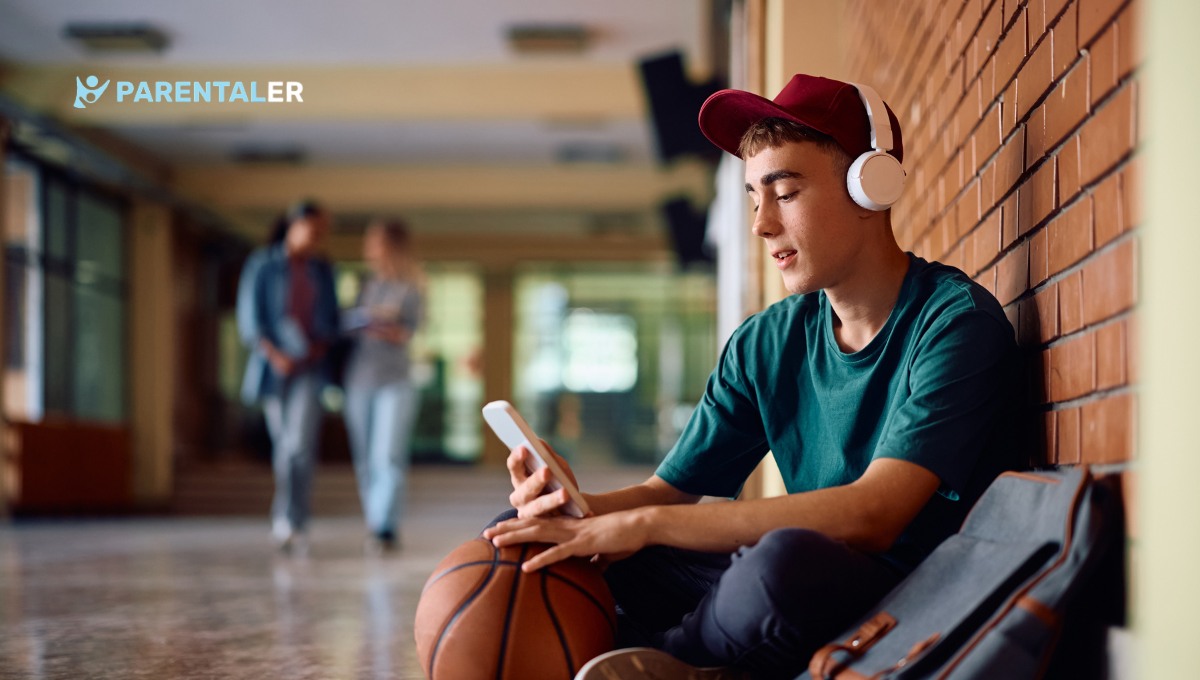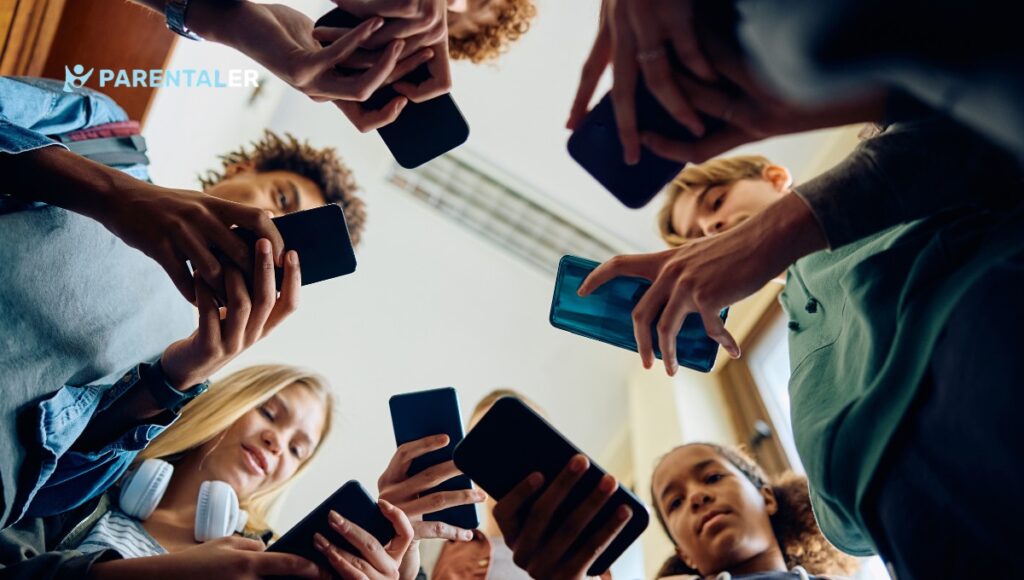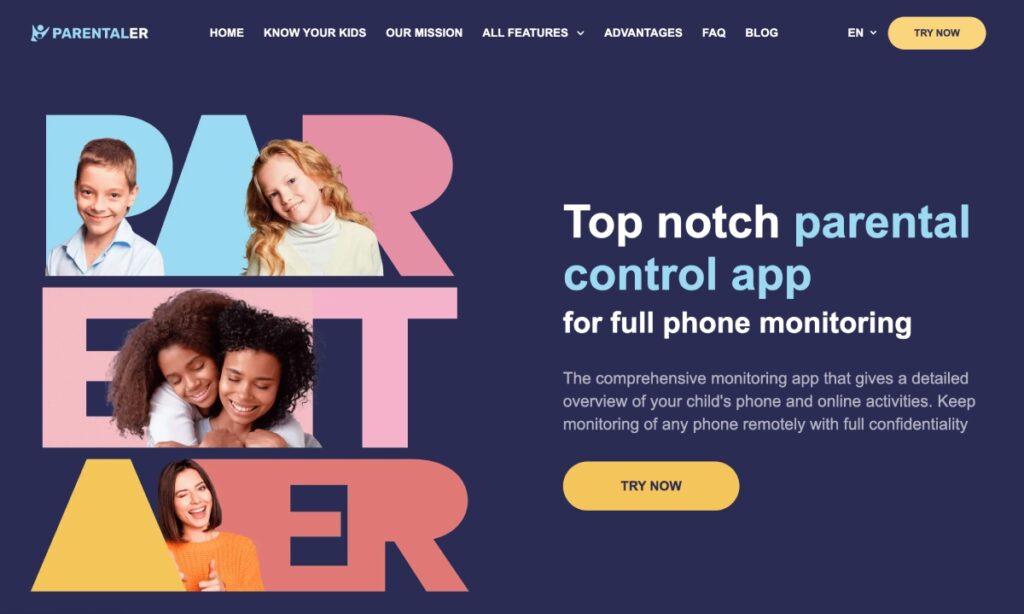

As an educator who has spent years in the classroom and observed the evolving role of technology in education, I understand both the benefits and challenges of allowing phones in schools. My experience working closely with students, parents, and fellow educators has shown me that while phones can be powerful tools for learning and safety, they also come with potential risks that need to be carefully managed.
The debate around whether phones should be allowed in school is ongoing, with strong arguments. Should phones be allowed in school?
This question has sparked conversations among educators, parents, and students alike.
Phones have become essential tools for communication and learning. However, there are concerns about their impact on students’ focus and well-being.
This article will explore both perspectives, providing a comprehensive view of the issue.
Why Should Phones Be Allowed in School?
- Phones as Learning Tools
Phones can enhance the learning experience by providing instant access to educational resources.
Apps and online platforms offer students a way to engage with their studies more effectively and personally.
For example, students can use educational apps to reinforce classroom learning or conduct research for assignments on the go.
- Safety and Communication
Safety is one of the main reasons students should have phones in school. How are cell phones useful in emergencies at school?
In an emergency, having a phone allows students to contact their parents or authorities quickly.
According to a National Center for Education Statistics report, 95% of parents believe that having a phone with their child provides peace of mind during the school day.
- Developing Digital Skills
Why should phones be allowed in school? In our technology-driven world, digital literacy is crucial.
Allowing phones in school helps students develop essential skills in managing digital tools responsibly.
As Forbes noted, “The future workforce will require a higher level of digital proficiency, making it essential for students to be comfortable with technology.”
Why Phones Should Not Be Allowed in School

- Distraction in Classrooms
Despite their benefits, reasons why phones should not be allowed in school include their potential to distract students.
Many teachers report that phones can interrupt the flow of lessons, leading to decreased attention and participation.
A study by the London School of Economics found that test scores improved by 6% in schools that banned phones.
- Cyberbullying Concerns
Another significant concern is the risk of cyberbullying. Can students use cell phones at school for cyberbullying?
The anonymity provided by phones can lead to harmful behavior among students, impacting their mental health and well-being.
Schools that allow phones need to implement strict guidelines to prevent such incidents.
- Equity Issues
Not all students have access to the latest smartphones, which can lead to feelings of inadequacy or exclusion.
Why phones should not be allowed in school also stems from the idea that phones can create a divide among students, with some feeling left out due to not having the same level of access as their peers.
What Alternative Solutions Can Be Applied
- School-Issued Devices
Schools could provide students with tablets or laptops to address the need for technology in education without the drawbacks of personal phones.
These devices can be used strictly for educational purposes, ensuring all students have equal access to digital resources.
- Designated Phone Zones
Schools might consider creating designated areas where students can use their phones during breaks.
This approach allows students to stay connected without disrupting the learning environment.
How Parents Can Make Sure Their Child Is Safe at School
Parents concerned about their child’s safety and phone usage in school can use monitoring apps like Parentaler.
This tool helps parents monitor their children’s phone activity, ensuring that they are using their devices responsibly.
Parentaler offers location tracking, app usage monitoring, and content filtering, giving parents peace of mind.
How to Install Parentaler on Your Child’s Phone and Stay Safe
- Sign Up: Visit Parentaler and create an account.
- Install the App: Download the Parentaler app on your child’s phone.
- Set Up Monitoring: Follow the on-screen instructions to set up monitoring features, such as location tracking and content filtering.
- Customize Settings: Adjust the settings to match your preferences, including time limits and restricted apps.
- Start Monitoring: Monitor your child’s phone usage to ensure they are safe and responsible.
Frequently Asked Questions
Yes, unfortunately, cell phones can be used for cyberbullying in schools. Cyberbullying is a growing concern as more students gain access to smartphones.
When students are allowed to use their phones in school, there is potential misuse, including sending hurtful messages, sharing inappropriate content, or spreading rumors.
These activities can severely impact a student’s mental health and well-being. This is one of the primary reasons why some argue that phones should not be allowed in school.
Schools that permit phone use need to have strict anti-bullying policies in place, along with monitoring and educational programs that teach students about the dangers of cyberbullying and how to use their devices responsibly.
Parents can use Parentaler to control and monitor their children’s cell phone use at school.
Parentaler is a comprehensive parental control app that allows parents to set specific boundaries for phone usage, including restricting access to certain apps or websites during school hours.
This ensures that students do not use their phones for non-educational purposes or engage in activities like cyberbullying.
Using Parentaler, parents can receive real-time updates on their child’s phone activity, set time limits, and even track their child’s location to ensure their safety.
This level of control helps address concerns about why phones should be allowed in school while ensuring students use their phones responsibly.
Allowing phones in school can significantly prepare students for the digital world by helping them develop essential digital skills.
Understanding how to navigate and use digital tools effectively is crucial.
When phones are allowed in school, students can learn how to use them for educational purposes, such as researching, managing their schedules, and utilizing educational apps.
Additionally, responsible phone use in a controlled environment like school can teach students about digital citizenship, including communicating appropriately online and managing their screen time.
These skills are invaluable as they prepare to enter a workforce where technological proficiency is increasingly required, making it a strong argument for why students should have phones in school.
Several alternatives can facilitate communication for schools that decide not to allow personal phones.
One option is to provide school-issued devices, such as tablets or laptops, which can be used strictly for educational purposes and controlled by the school’s network to prevent misuse.
Another alternative is to create designated phone zones where students can use school-provided phones during breaks or emergencies.
These zones can ensure that students can stay connected when needed without disrupting the learning environment.
Additionally, schools could implement communication apps that work on school-issued devices, allowing students to contact parents or guardians in a controlled manner.
These alternatives help address the reasons why phones should not be allowed in school while still providing the necessary tools for communication and safety.
Conclusion
Whether phones should be allowed in school is complex and multifaceted.
While there are clear benefits to allowing phones, such as enhancing learning and ensuring safety, the potential drawbacks, including distractions and cyberbullying, cannot be ignored.
Schools and parents must work together to find a balanced approach, possibly through monitoring tools like Parentaler and implementing alternative solutions like school-issued devices.
Ultimately, the goal is to create a safe and effective learning environment that prepares students for the digital world while minimizing the risks associated with phone use.





